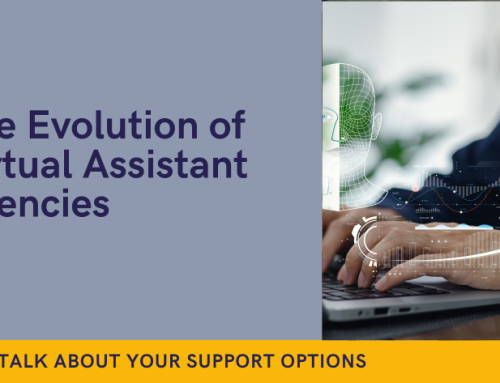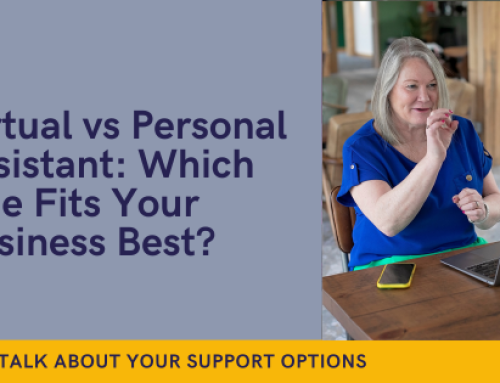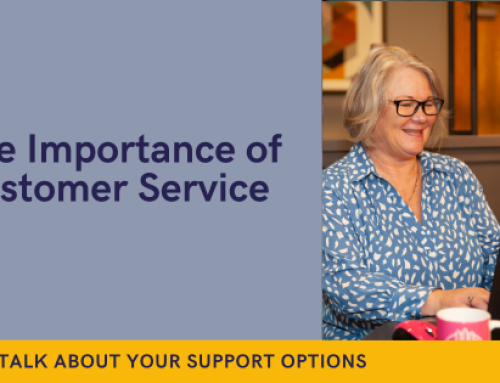When it comes to being a solopreneur, managing client work, admin, content creation, and everything in between is a bit of a balancing act. On one hand the independence is rewarding, but on the other, the workload can quickly become overwhelming.
With the growing availability of freelance support and increasing pressure to stay competitive, many solopreneurs are starting to ask: Is now the time to bring in a partner or consider outsourcing?
Why this topic matters
It may be surprising to most, given the political and financial climate, that the self-employed population in the UK has been steadily rising again, with over 4.2 million people now running their own businesses. Whilst independence is empowering, it can also lead to isolation and excessive pressure. According to the Mental Health Foundation, small business owners are more prone to stress and burnout compared with those in organisations where responsibilities can be shared.
For solopreneurs, the message is straightforward: working entirely alone may feel like the “right” way, but it can limit both your wellbeing and your growth.
The core issue
The challenge many solopreneurs face is the belief that to run a business alone, they must work alone. While that may seem practical initially, it often becomes unsustainable. The reality is that operating in a silo can reduce efficiency, narrow your perspective, and make even simple decisions feel heavier — and more overwhelming — than they need to be.
Why collaboration makes business sense
1. You can’t excel at everything
Modern businesses require a range of skills: from financial management to marketing to operations. These aren’t just tasks — they’re entire professions.
Hiring other freelancers to take on the burden not only lets you access specialist expertise when you need it, it builds a network of support and ensures that you are no longer stretching yourself thin.
2. It protects your time for core work
Your business succeeds when you focus on the work that actually generates value. If you’re spending hours on tasks outside your strengths, you’re not using your time as effectively as you could. Freelancers help return time to the areas where you are already making the biggest impact.
3. Collaboration brings fresh thinking
Working alone can limit creativity. Collaborating with others — even occasionally — introduces new ideas, different perspectives, and opportunities to refine your thinking. It can boost your productivity and help you move forward with more clarity and confidence.
4. It builds a flexible support network
Freelancers offer support without commitment. You can bring in help exactly when you need it — whether it’s a few hours of admin support, someone to keep your inbox under control, or a specialist who can step in for a specific project.
It’s not about replacing your independence; it’s about creating a network of people who help you keep things running smoothly. A good freelancer becomes someone you trust to step in when things feel heavy, giving you space to focus on what matters most. It’s a softer, more sustainable way to work — without the pressure or expense of building a permanent team.
5. It reduces the risk of burnout
Burnout is a growing concern among self-employed professionals. Delegating tasks is not a luxury — it’s a practical strategy for ensuring your business remains sustainable over the long term.
What this means for UK solopreneurs
For those running solo ventures across the UK, embracing collaboration can reshape how you work. By bringing freelancers into your workflow, it allows you to operate more strategically. With freelance talent readily available, the assumption that solopreneurs must do everything themselves is gradually becoming outdated.
Businesses that blend independence with support — even if it’s only occasional — often adapt more effectively, maintain better momentum, and avoid the familiar cycle of overwork followed by exhaustion.
A few practical suggestions
- Identify the tasks that drain your time or energy and look to outsourcing to create more space for your core work.
- Start small, with one freelancer/project at a time, to understand how collaboration can fit with your needs.
- Look for people who understand your business and values, not just those who can complete tasks at the most competitive rate.
- Treat collaboration as ongoing experimentation — so you can find out what works and what doesn’t.
- No dramatic changes needed, just practical steps that help your business run more smoothly and sustainably.
A final thought
Running a business alone doesn’t have to mean doing everything alone. Independence is important, but isolation rarely delivers the best results. By building a small network of freelance support, you can create a more balanced and effective way of working. The business landscape is always evolving — but with the right support, you don’t have to navigate it entirely by yourself.
If this has been preying on your mind, and you’re ready to explore working with a freelancer/agency why not get in touch. A chat with Michelle will enable you to be more informed and learn how that could work for you and the impact on you and your business when bringing on extra resource. Fill in the contact form and we’ll be in touch – or just book a chat.





